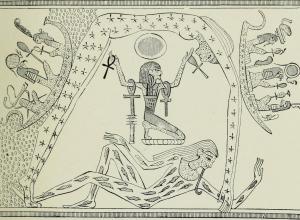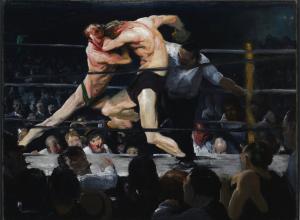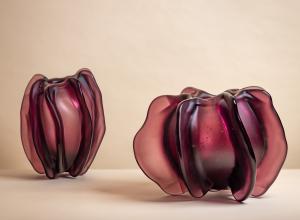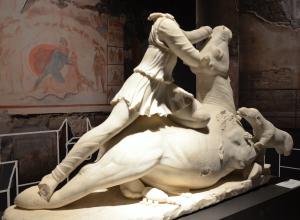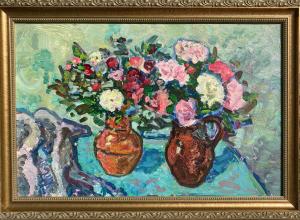
Roberta Smith
On Monday, Roberta Smith, co-chief art critic of the New York Times, announced that after over thirty-two years and 4,500 reviews and essays, she is retiring. Smith wrote in an Instagram post that although she will not be on staff anymore, she will still contribute short reviews every now and then.
Roberta Smith’s insightful commentary has significantly shaped contemporary art discourse: she is known for her honest and realistic point of view, not being impressed or influenced by names or status, but writes only by looking at the art in front of her. With this viewpoint in mind, Smith has developed a reputation for giving a voice for artists that have not traditionally been included in the canon. She has written on women artists and self-taught artists, while also widening the scope of what art is by writing on textile, ceramic, and video art. Smith is also not afraid to write harsh criticism, and sometimes she even turns that criticism onto herself. Last year, she wrote a review titled, “I Was Wrong About Cecily Brown,” writing, “Artists change, but so do critics. Welcome to my turnaround.”
Sia Michel and Barbara Graustark, editors at the Times, celebrated Smith, in a release on her retirement, by asking a question they hear all the time, “What does Roberta think?” Graustark, Smith's longtime editor, wrote, “Over more than 50 years, Ro has anointed the new, celebrated the overlooked, and held institutions accountable on many fronts, including representation and acquisitions, while bringing fresh context to marginalized areas of art-making, especially outsider art and craft.”
Smith has been at the Times since 1986. She began by freelancing reviews and was welcomed on staff in 1991. Smith has also held writing roles at Art in America and the Village Voice, worked at the Museum of Modern Art and Paula Cooper Gallery, and spent a semester at the Whitney’s prestigious Independent Study Program. As she rose through the ranks, she became the first woman to hold the title of co-chief art critic, which she shares with Holland Cotter.




